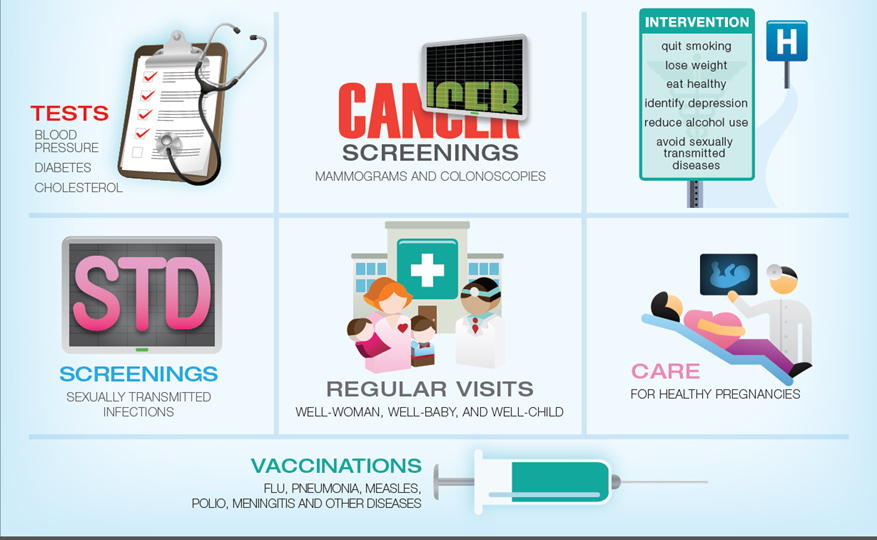Reorienting health services is primarily about the health sector changing from focusing primarily on clinical and curative services to increasingly focus on health promotion and prevention. That is this action area is about reorienting health services to include and expand its role in the promotion of preventative health. The Ottawa Charter states:
Health services need to embrace an expanded mandate which is sensitive and respects cultural needs. This mandate should support the needs of individuals and communities for a healthier life, and open channels between the health sector and broader social, political, economic and physical environmental components.
Reorienting health services challenges the medical approach to health, which views the body as separated parts and focuses on treatments for disease and illness. It calls for
a change of attitude and organization of health services which refocuses on the total needs of the individual as a whole person.[1]
That is, it recognises the impacts of all the determinants upon health and views health as more than just absence of disease, but a positive state which should be actively pursued.
The Ottawa Charter, therefore, calls upon the health sector to become involved in health promotion initiatives that seek to prevent illness, improve health and avoid disease. Such approaches include: immunisation programs, cancer screening, promoting mental health and helping people to quit smoking and lose weight.
Within Australia part of the expansion of Medicare to include some cover for physiotherapist, and exercise physiologist move towards this approach. Health Insurance companies have taken this reorienting of health services even further, with many now providing cover for gym memberships, sports clothes and other similar health promotion activities.
Reorienting health services example – Tobacco use
The Royal Australian College of General practitioners (RACGP) provide clinical guidelines for health professionals and their role in supporting the cessation of tobacco use. This shift in focus means health professionals are helping to prevent illness and disease and promoting health through preventative measures. The RACGP guidelines state:
Health professionals play an important role in educating and motivating smokers as well as assessing their dependence on nicotine and providing assistance to quit.[2]
This guideline also addresses barriers to GP’s using these guidelines and taking on their role to help smokers quit, including:
- A perception that it is ineffective
- Lack of time
- Lack of smoking cessation skills
- Reluctance to raise the issue due to perceived patient sensitivity about smoking
- Perceived lack of patient motivation
Furthermore, GP’s offices and waiting rooms are now filled with Quit advertisements that seek to provide information and resources to help people to quit smoking for good.
The health sector has also become increasingly involved in research around tobacco use and lifestyle diseases, such as cancer. They work in conjunction with organisations such as the cancer council to help promote health through reduced tobacco use.
Resources
[1] http://www.who.int/healthpromotion/conferences/previous/ottawa/en/index1.html[2] http://www.racgp.org.au/your-practice/guidelines/smoking-cessation/the-role-of-health-professionals/
